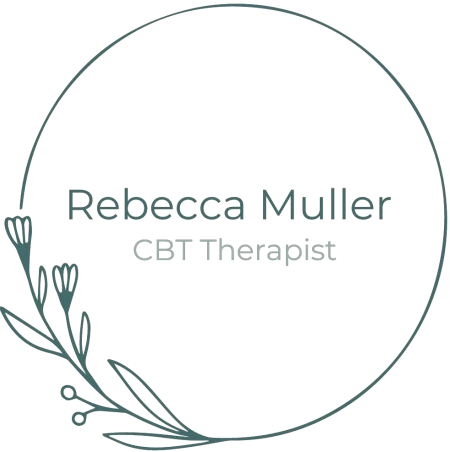As an online therapist based in Argyll and Bute, I've seen firsthand the devastating impact that traumatic experiences can have on an individual's mental health and well-being. That's why I'm always on the lookout for effective treatments that can help my clients process and heal from their traumas. One such approach that has gained recognition in recent years is Narrative Exposure Therapy (NET).
NET is a powerful tool for treating post-traumatic stress disorder (PTSD) in survivors of multiple and complex traumas. It's based on the idea that traumatic memories are often stored in a fragmented and disconnected way, with "hot" memories (sensory, emotional, and physiological elements) being separated from "cold" memories (contextual and factual information). NET aims to help clients integrate these memories by creating a coherent narrative of their life experiences, with a focus on the traumatic events.
The NET process typically involves several key phases. It begins with a diagnostic interview and psychoeducation, where the therapist assesses the client's suitability for NET and provides information about the treatment. Some therapists may also use the "lifeline" exercise, where traditionally the client lays out a visual representation of their life story using stones to represent traumatic events and flowers to represent positive experiences. However, this can be adapted in creative ways to allow clients to do the work remotely online.
The heart of NET lies in the therapy sessions themselves, where the client engages in narrative exposure to their traumatic memories. The therapist guides the client through a process of recounting their experiences in detail, while helping them stay grounded in the present moment. This involves techniques like the "Head, Heart, Body, Then-and-Now" mnemonic, which encourages the client to verbalise sensory information, emotions, and physiological reactions. The therapist also works to prevent avoidance, dissociation, and flashbacks, and creates a written narrative of the client's life, all the while helping the client to remain ‘within the window of tolerance’.
By engaging in this process, clients can begin to make sense of their traumatic experiences and integrate them into a cohesive life narrative. NET has been shown to be effective in reducing PTSD symptoms and improving overall functioning in survivors of multiple traumas. It can also serve a broader purpose, as the recorded autobiography can be used for human rights advocacy in some cases.
If you're struggling with the impact of traumatic experiences, know that you're not alone and that there are effective treatments available. NET is just one example of the powerful tools that therapists have at their disposal. If you're considering seeking help, I encourage you to reach out to a qualified therapist who has training in evidence-based trauma treatments like NET. With the right support and guidance, it is possible to process your traumas and move forward in your healing journey.
If you'd like to learn more about how Narrative Exposure Therapy could help you, or if you're interested in working with me as your online therapist, please don't hesitate to get in touch. I'm here to support you on your path to healing and growth.
